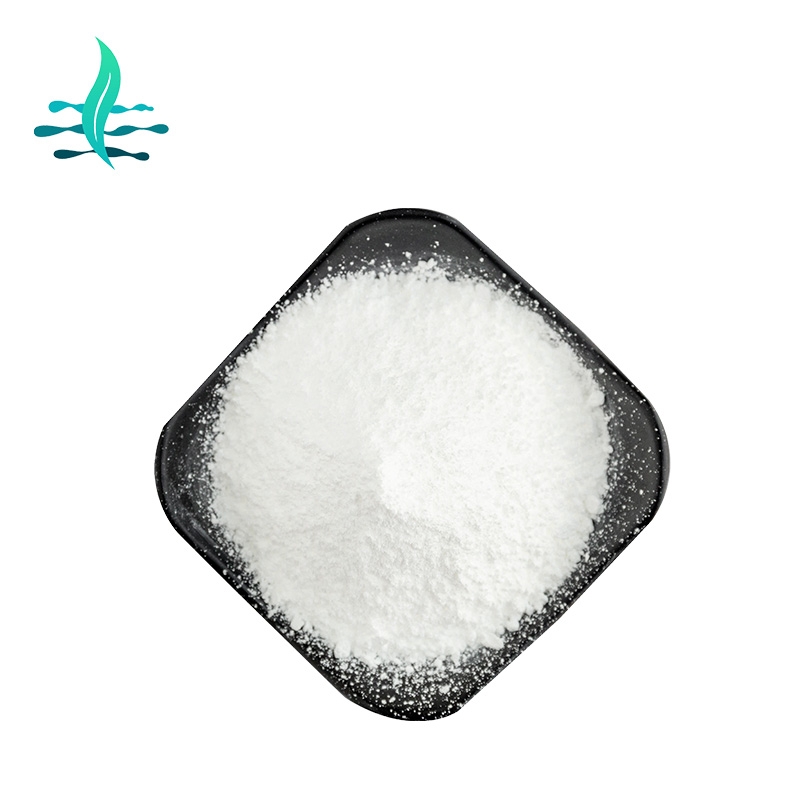-
Categories
-
Pharmaceutical Intermediates
-
Active Pharmaceutical Ingredients
-
Food Additives
- Industrial Coatings
- Agrochemicals
- Dyes and Pigments
- Surfactant
- Flavors and Fragrances
- Chemical Reagents
- Catalyst and Auxiliary
- Natural Products
- Inorganic Chemistry
-
Organic Chemistry
-
Biochemical Engineering
- Analytical Chemistry
-
Cosmetic Ingredient
- Water Treatment Chemical
-
Pharmaceutical Intermediates
Promotion
ECHEMI Mall
Wholesale
Weekly Price
Exhibition
News
-
Trade Service
In order to accelerate the development and commercialization of innovative drugs, the cooperation between pharmaceutical companies on innovative drugs is increasing
.
Among them, multinational pharmaceutical companies are constantly enriching their product pipelines by acquiring mature companies and introducing new drugs
.
It is understood that Pfizer recently announced four important cooperations in succession and introduced a number of advanced technologies
.
On January 10, Pfizer announced an exclusive four-year research collaboration agreement with Beam Therapeutics
.
Focus on rare genetic diseases of liver, muscle and central nervous system, and jointly develop in vivo base editing projects for 3 targets
.
Under the agreement, Beam will receive an upfront payment of $300 million and is eligible to receive up to $1.
05 billion in milestone payments for a potential total transaction value of up to $1.
35 billion
.
On the same day, Pfizer also announced a development and option agreement with Acuitas Therapeutics
.
According to the agreement, Pfizer will have the option to acquire Acuitas' LNP technology on a non-exclusive basis for the development of vaccines or therapeutic products for up to 10 targets
.
Acuitas' clinically proven LNP technology has been used in Pfizer-BioNTech's COVID-19 vaccine COMIRNATY, which has been approved for marketing or emergency use authorization in many countries or regions around the world
.
On November 11, Pfizer entered into a new partnership with each of the two companies
.
Among them, bispecific antibodies are developed in cooperation with Dren Bio
.
Under the agreement, Pfizer paid Dren Bio an upfront payment of $25 million, while the company is also eligible to receive development, regulatory and commercialization milestone payments totaling more than $1 billion
.
In addition, Pfizer has expanded its existing collaboration with PostEra to establish an artificial intelligence laboratory and jointly advance the discovery and development of multiple targeted drugs in oncology and COVID-19 antiviral therapy
.
PostEra will receive an upfront payment of $13 million and is eligible to receive additional milestone payments totaling $248 million, according to the agreement
.
In fact, the research and development of new drugs is not easy.
It has the characteristics of high risk and high investment.
For many companies, a little careless investment will be wasted.
Therefore, cooperation has become a major trend in the research and development and innovation of large pharmaceutical companies
.
In addition to multinational pharmaceutical companies, there have been more than 100 cases of drug innovation cooperation between domestic pharmaceutical companies since last year, but most of them are the introduction and export of projects with multinational pharmaceutical companies, or the mutual cooperation between innovative pharmaceutical companies
.
For example, recently, Junshi Biotech announced to expand the scope of cooperation with Coherus, and Coherus has launched the licensing option of JS006 (TIGIT monoclonal antibody) in the United States and Canada
.
To this end, Junshi Bio will receive an upfront payment of $35 million, development, filing and sales milestone payments of up to $255 million, and an 18% sales share of net product sales
.
Prior to this, Hengrui Medicine also signed a strategic cooperation agreement on AI new drug research and development platform with Iktos of France
.
According to the data, Iktos is a company headquartered in Paris, France, specializing in the development of artificial intelligence new drug design platform
.
Under the agreement, Hengrui will use Makya™, Iktos' AI-based de novo drug design software, to accelerate small molecule drug discovery and lead compound optimization
.
On the whole, the industry expects that under the accelerated development of the pharmaceutical industry, cooperation between pharmaceutical companies will help to form a situation of complementary advantages, greatly improve the probability of successful drug research and development, and create more development opportunities for companies
.
.
Among them, multinational pharmaceutical companies are constantly enriching their product pipelines by acquiring mature companies and introducing new drugs
.
It is understood that Pfizer recently announced four important cooperations in succession and introduced a number of advanced technologies
.
On January 10, Pfizer announced an exclusive four-year research collaboration agreement with Beam Therapeutics
.
Focus on rare genetic diseases of liver, muscle and central nervous system, and jointly develop in vivo base editing projects for 3 targets
.
Under the agreement, Beam will receive an upfront payment of $300 million and is eligible to receive up to $1.
05 billion in milestone payments for a potential total transaction value of up to $1.
35 billion
.
On the same day, Pfizer also announced a development and option agreement with Acuitas Therapeutics
.
According to the agreement, Pfizer will have the option to acquire Acuitas' LNP technology on a non-exclusive basis for the development of vaccines or therapeutic products for up to 10 targets
.
Acuitas' clinically proven LNP technology has been used in Pfizer-BioNTech's COVID-19 vaccine COMIRNATY, which has been approved for marketing or emergency use authorization in many countries or regions around the world
.
On November 11, Pfizer entered into a new partnership with each of the two companies
.
Among them, bispecific antibodies are developed in cooperation with Dren Bio
.
Under the agreement, Pfizer paid Dren Bio an upfront payment of $25 million, while the company is also eligible to receive development, regulatory and commercialization milestone payments totaling more than $1 billion
.
In addition, Pfizer has expanded its existing collaboration with PostEra to establish an artificial intelligence laboratory and jointly advance the discovery and development of multiple targeted drugs in oncology and COVID-19 antiviral therapy
.
PostEra will receive an upfront payment of $13 million and is eligible to receive additional milestone payments totaling $248 million, according to the agreement
.
In fact, the research and development of new drugs is not easy.
It has the characteristics of high risk and high investment.
For many companies, a little careless investment will be wasted.
Therefore, cooperation has become a major trend in the research and development and innovation of large pharmaceutical companies
.
In addition to multinational pharmaceutical companies, there have been more than 100 cases of drug innovation cooperation between domestic pharmaceutical companies since last year, but most of them are the introduction and export of projects with multinational pharmaceutical companies, or the mutual cooperation between innovative pharmaceutical companies
.
For example, recently, Junshi Biotech announced to expand the scope of cooperation with Coherus, and Coherus has launched the licensing option of JS006 (TIGIT monoclonal antibody) in the United States and Canada
.
To this end, Junshi Bio will receive an upfront payment of $35 million, development, filing and sales milestone payments of up to $255 million, and an 18% sales share of net product sales
.
Prior to this, Hengrui Medicine also signed a strategic cooperation agreement on AI new drug research and development platform with Iktos of France
.
According to the data, Iktos is a company headquartered in Paris, France, specializing in the development of artificial intelligence new drug design platform
.
Under the agreement, Hengrui will use Makya™, Iktos' AI-based de novo drug design software, to accelerate small molecule drug discovery and lead compound optimization
.
On the whole, the industry expects that under the accelerated development of the pharmaceutical industry, cooperation between pharmaceutical companies will help to form a situation of complementary advantages, greatly improve the probability of successful drug research and development, and create more development opportunities for companies
.






